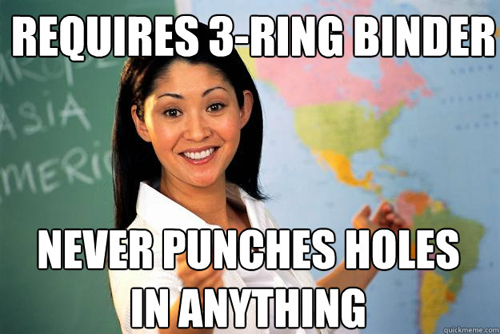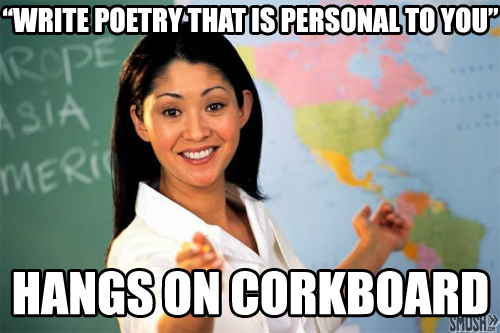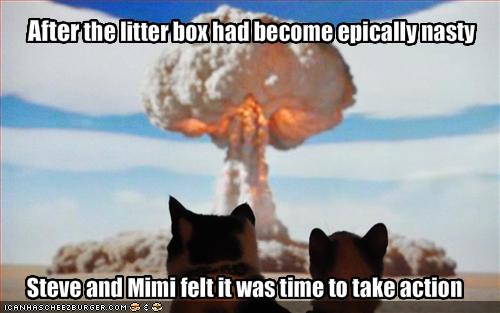(OMG, don’t you want to be the dog in this picture????)
Several of you wrote to me yesterday and said how inspirational you found Jackie Woodson’s quote. I thought you would really appreciate something she tweeted late in the day: “My book is falling apart. I should keep writing but grabbing a towel & heading down to the water. Maybe the answer will ebb in with the tide.”
Perfect, isn’t it?
Even more perfect than you might realize because I’d been struggling with that feeling for about five days until late on Tuesday when finally, FINALLY, the line that totally helped me understand abo-so-freaking-everything about a critical character in my novel showed up.
(I felt just like the dog in the pic above! I tweeted my reaction: “Sometimes, after plugging away at a story for months or years, the perfect line drops into your lap. That line is a gift.”)
What’s the lesson here, besides the observation that tired, desperate authors vent on Twitter?
Writing a novel is never pain-free. In fact, I’d venture to say that most, if not nearly all, of the time you are writing a novel, you’re going to feel like crap. You have to find a way to simultaneously a) feel like a stupid, arrogant idiot who can’t write anything that is good enough to put on the bottom of a bird cage and b) believe in your dream and your talent and your vision of the story.
The secret is perserverance.
You muddle through the muck and keeping revising and eventually the story becomes less crappy. Marginally so, but you take strength from any source, right? As Jackie pointed out in yesterday’s quote, most people get to that awful hellhole, that spot where they have lots of pages filled with tangled plot lines and confusing characters and they become overwhelmed by the crappiness of it all so they bury the manuscript – and the dream – in a box, and tell their friends that really, they always wanted to learn how to play the glockenspiel much more than they wanted to publish their book.
I’m not judging here. To count the number of times I wanted to do that, multiply 365 days by twenty years. Seriously.
I think the reason I wound up with a career as an author is that I have a vivid imagination and I am epically stubborn. Every time I wanted to quit, the part of me that punched the boy from across the street when he teased my little sister rises to the surface. I. Don’t. Back. Down. Not from bullies, not from stupendously dreadful drafts, not from nothin’.
Make peace with the fact that you are uncomfortable with the quality of your work for most of the writing process. Take the energy you used to waste being afraid that your writing sucked, and apply it to making your writing sing.
Today’s Quote
“The unreal is more powerful than the real. Because nothing is as perfect as you can imagine it. Because its only intangible ideas, concepts, beliefs, fantasies that last. Stone crumbles. Wood rots. People, well, they die. But things as fragile as a thought, a dream, a legend, they can go on and on. If you can change the way people think. The way they see themselves. The way they see the world. You can change the way people live their lives. That’s the only lasting thing you can create.”
Chuck Palahniuk
Today’s Prompt: As fast as you can, write a list of all the things you have learned in your life. Do NOT be philosophical or abstract. “You can’t change other people” won’t cut it for this exercise. “Don’t eat spinach at a business lunch because it’s hard to tell if it’s stuck in your teeth” does.
Bonus: Write a story about you or a character learning one of these lessons, or doing the opposite of the piece of advice.
Scribble… scribble… scribble…







